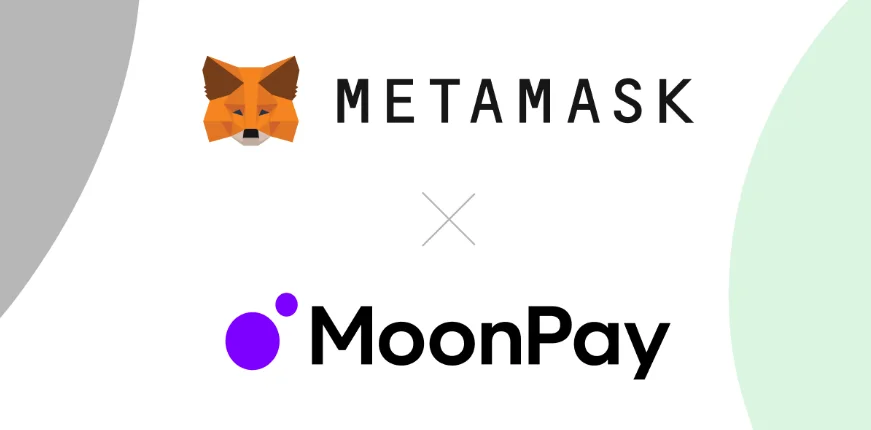MetaMask’s expansion of direct on-ramps with local banks in Nigeria facilitates self-custody crypto acquisitions and eliminates the need for centralized exchanges.

ConsenSys, the parent company of MetaMask, announced on March 21 a new interface with crypto-fintech MoonPay, allowing customers in Nigeria to acquire cryptocurrencies using rapid bank transfers.
The new feature is available on the MetaMask mobile and Portfolio Dapp, easing the process of purchasing cryptocurrencies in Nigeria without using credit or debit cards.
Before the agreement, MetaMask users in Nigeria had access to the MetaMask wallet, but the process of purchasing cryptocurrency was expensive and time-consuming, according to MetaMask product manager Lorenzo Santos. He declared:
“While Moonpay had a card integration feature, about 90% of attempts to buy crypto with a credit or debit card were declined.”
With the new integration supporting local bank transfers, cryptocurrency purchases on MetaMask are now faster and less expensive, allowing users to access cryptocurrencies without moving assets to a centralized exchange.
MoonPay’s chief product and strategy officer, Zeeshan Feroz, said that the integration is anticipated to cut the fall rate for direct purchases of cryptocurrencies in Nigeria from 90% to 30%.
He highlighted that consumers of all Nigerian banks will have access to the service via Bank Transfers, a frequently utilized payment mechanism among Nigerian e-commerce companies.
Santos stated that despite the present challenges with crypto onramps in Nigeria, the country has emerged as a significant market for MetaMask, ranking third in terms of mobile monthly active users. “It is also one of the top 10 countries in terms of metamask.io visitors over the past month,” he added.
Nigeria is one of the top 20 countries in terms of cryptocurrency adoption, per the Chainalysis 2022 Global Crypto Adoption Index. According to some estimates, in 2022, 35 percent of the Nigerian population aged 18 to 60 would possess or trade cryptocurrencies. This is despite the Central Bank of Nigeria’s February 2021 ban on banks serving cryptocurrency exchanges.
Local media reported in December 2022 that the Nigerian government was ready to adopt a regulation that would recognize the use of Bitcoin and other cryptocurrencies as a “global best practice”
